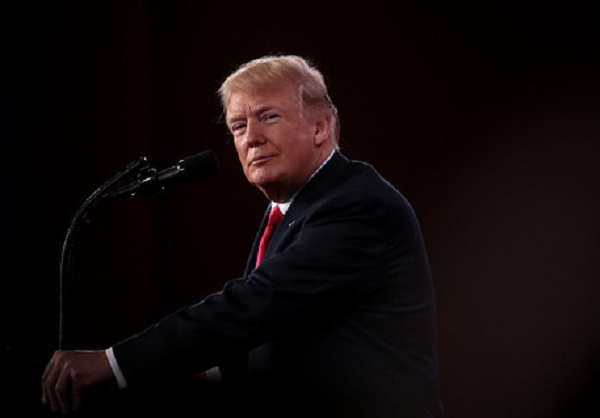The civil lawsuit against former President Donald Trump over the January 6, 2021, riot was adjourned by a federal judge on Monday under a 19th-century law. This delay was sought by Trump and his legal team. Rep. Barbara Lee (D-Calif.), the lead plaintiff in the suit, along with other Democrats, claimed they were hindered in their duties by the Capitol attack. The case, based on an 1871 act aimed at preventing the Ku Klux Klan from intimidating members of Congress, will continue with “immunity-related discovery” until September 11, 2024.
After the discovery phase, arguments on Trump’s entitlement to presidential immunity will be presented by both parties. This is a separate issue from the Supreme Court’s examination of presidential immunity from criminal lawsuits and could prolong the proceedings for several months.
If Trump is granted immunity, the case will be closed. However, if presidential immunity is not approved, further discovery is expected, and a trial may not start until after the inauguration in January 2025. Trump, known for seeking trial delays, may opt to seek federal court intervention to postpone the case until after his term ends.
Newsweek noted further:
“On December 4, 2023, Lee had released a statement in which she said “justice is owed to the Congressional staff, Capitol support staff, law enforcement, and members of Congress who feared for their lives on January 6, 2021. I look forward to seeing Mr. Trump in court.” MSNBC legal correspondent Lisa Rubin, wrote on X, formerly Twitter, on Monday that a higher court, the Washington D.C. Circuit, had handed the case back to Mehta after reaffirming that “former presidents are entitled to civil immunity for acts even on the ‘outer perimeter’ of their official duties.”
“But they [the D.C. Circuit] held Trump had not yet shown his entitlement to such immunity and would instead have a chance to prove in the lower court that ‘his alleged actions in the run-up to and on January 6 were taken in his official capacity as President,’” she wrote.
“That opinion was handed down on December 1, 2023. And now, in the last days of April, Judge Amit Mehta, the district court judge to whom the case has been assigned, has allowed the parties to conduct ‘immunity-related discovery’ through September 11, 2024,” Rubin added.
The Supreme Court is currently deliberating presidential immunity, which has resulted in the suspension of the election fraud proceedings overseen by Tanya Chutkan, a district judge from D.C.
“Now think about the criminal case before Judge Chutkan: In a world where the Supreme Court similarly decides there must be further lower court proceedings to determine whether Trump can mount an immunity defense, can that case be tried before 2025? Increasingly, I think not—and that might be the only win Trump wants or needs,” Rubin wrote.




